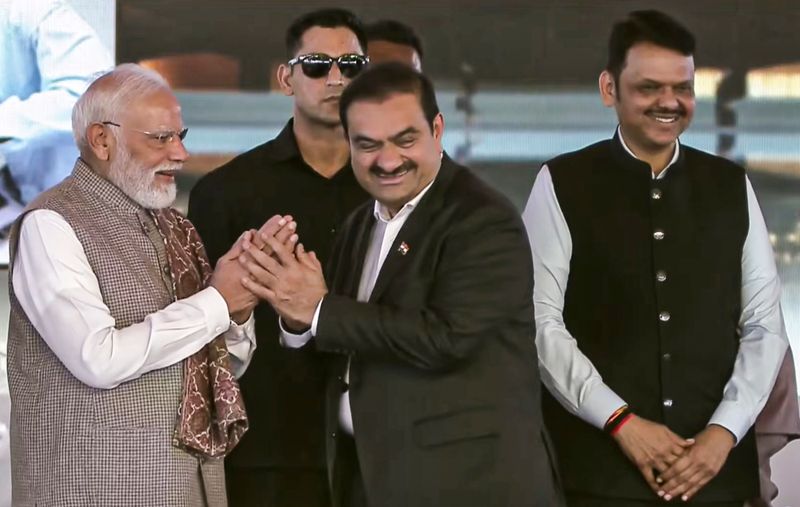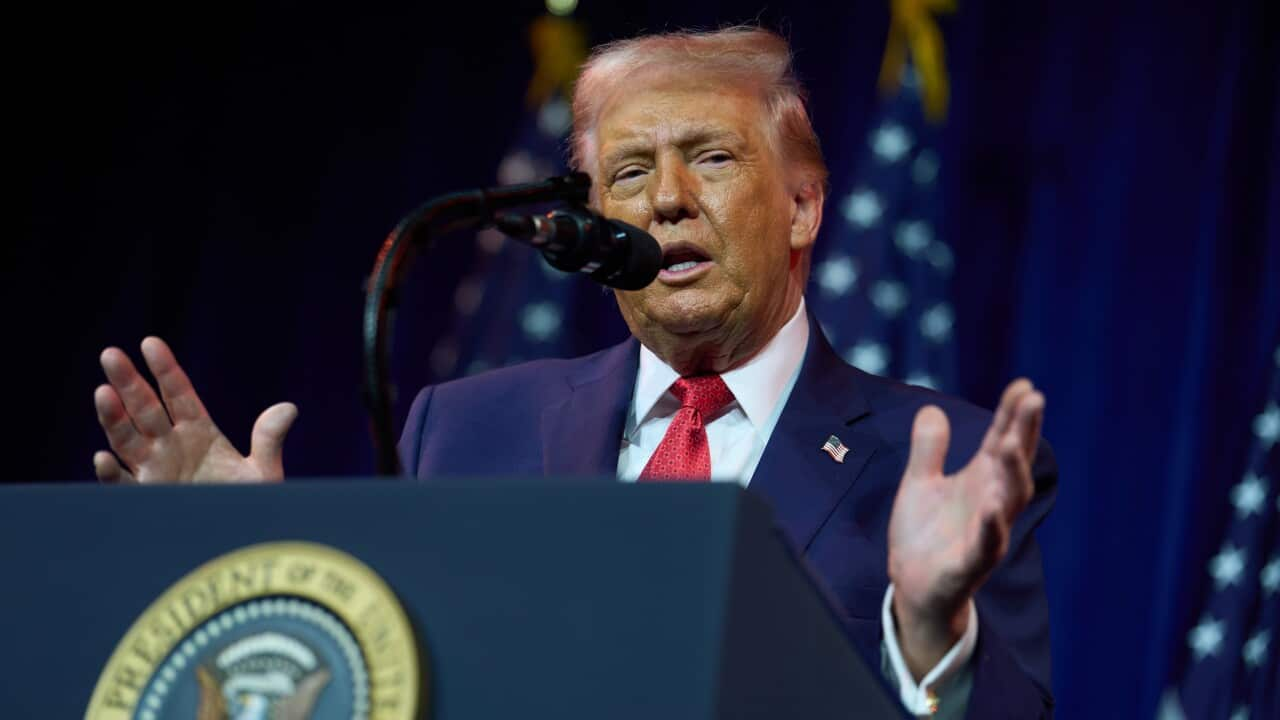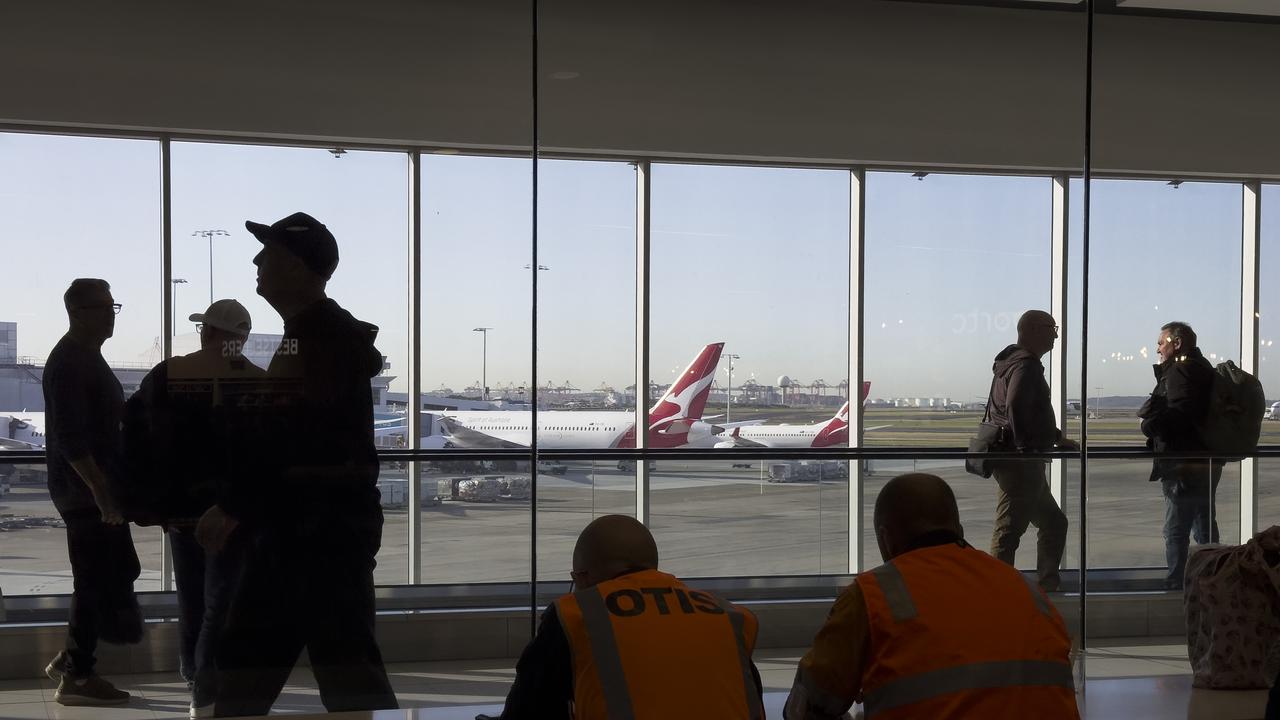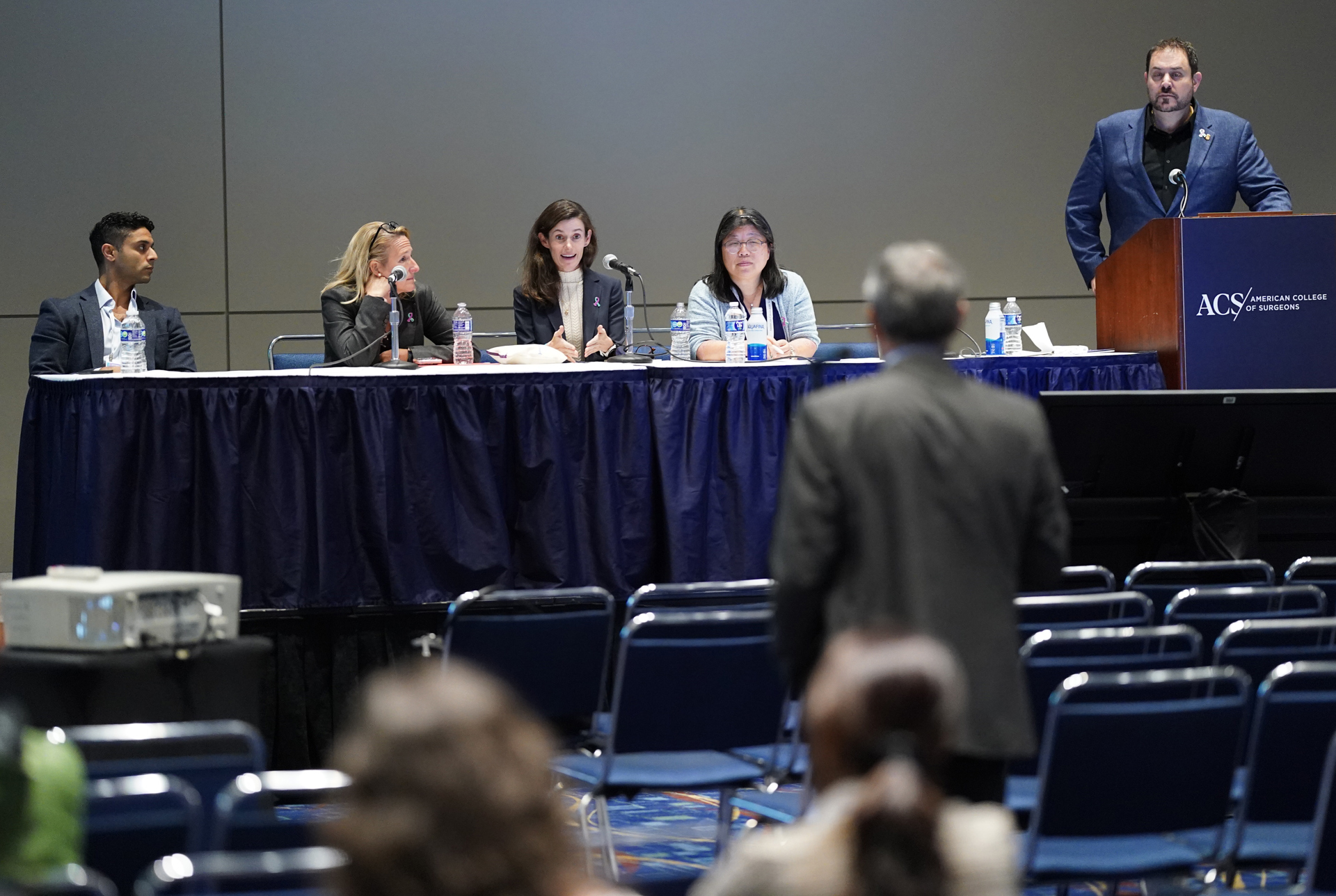
Prime Minister Narendra Modi on Wednesday inaugurated the first phase of the Navi Mumbai International Airport, marking a significant milestone in India’s aviation sector. The airport, built at a cost of Rs 19,650 crore, is India’s largest greenfield airport project and is expected to substantially enhance the country’s aviation capacity while easing congestion at Mumbai’s existing Chhatrapati Shivaji Maharaj International Airport.
Spread over 1,160 hectares, the new airport represents a major development under the Public-Private Partnership (PPP) model. It is set to serve as the second international airport for the Mumbai Metropolitan Region. Before the formal inauguration, Prime Minister Modi toured the newly constructed terminal and its associated facilities, describing the project as a “glimpse of Viksit Bharat” that will help transform the Mumbai region into Asia’s biggest connectivity hub.
Boost to Regional Connectivity and Economy
The Prime Minister emphasized the airport’s role in connecting Maharashtra’s farmers with supermarkets in Europe and West Asia, thus opening new markets for agricultural exports. Additionally, he highlighted the completion of a fully underground metro in Mumbai, which promises to make travel easier and save time for commuters.
During his visit, Modi also inaugurated Phase 2B of the Mumbai Metro Line-3, which connects Acharya Atre Chowk to Cuffe Parade. Developed at a cost of Rs 12,200 crore, this phase is part of the larger Rs 37,270 crore Mumbai Metro Line 3 (Aqua Line), a major milestone in Mumbai’s urban transport expansion. The Prime Minister also launched the Mumbai One app, offering integrated mobile ticketing and other services across multiple public transport operators.
Skill Development and Technological Advancements
In a bid to enhance youth employability, the Prime Minister unveiled the Short-Term Employability Programme (STEP), an initiative by Maharashtra’s Department of Skill, Employment, Entrepreneurship, and Innovation. The program aims to align skill development with industry needs and will be implemented across 400 government ITIs and 150 technical high schools.
Modi also inaugurated the ninth edition of the India Mobile Congress (IMC) 2025, Asia’s largest telecom, media, and technology forum. The event showcased innovations in financial fraud prevention, quantum communication, 6G, optical communication, and semiconductors. “India Mobile Congress and India’s success in the telecom sector reflect the strength of the Atmanirbhar Bharat vision,” Modi stated, underscoring the transformation of India’s mobile manufacturing ecosystem.
Technological Growth and Global Impact
Highlighting India’s technological advancements, Modi noted that electronics production in the country has increased sixfold since 2014, while mobile phone manufacturing has grown 28 times and exports have risen 127 times. He cited data from a leading smartphone manufacturer, indicating that 45 Indian firms are now part of its supply chain, creating about 3.5 lakh jobs.
“The country, which once struggled with 2G, now has 5G coverage in nearly every district,” Modi remarked.
Emphasizing the role of startups and innovators, Modi mentioned government support through initiatives like the Telecom Technology Development Fund and Digital Communications Innovations Square. India is also funding test beds for advanced technologies such as 5G, 6G, optical communications, and terahertz, encouraging product development and collaboration among startups, industry, and academia.
Implications for India’s Future
The inauguration of the Navi Mumbai International Airport and the developments in Mumbai’s metro and technological sectors signify India’s growing capabilities on the global stage. Modi concluded by asserting that India’s progress in digital technology, research and development, and global standard-setting positions it as an emerging force worldwide.
“The success of the India Mobile Congress shows that India’s technological future is in capable hands,” he remarked.
As India continues to invest in infrastructure and technology, these initiatives are poised to drive economic growth, enhance connectivity, and improve the quality of life for millions of citizens. The developments in Mumbai and beyond reflect a broader vision for a more connected and technologically advanced India.





